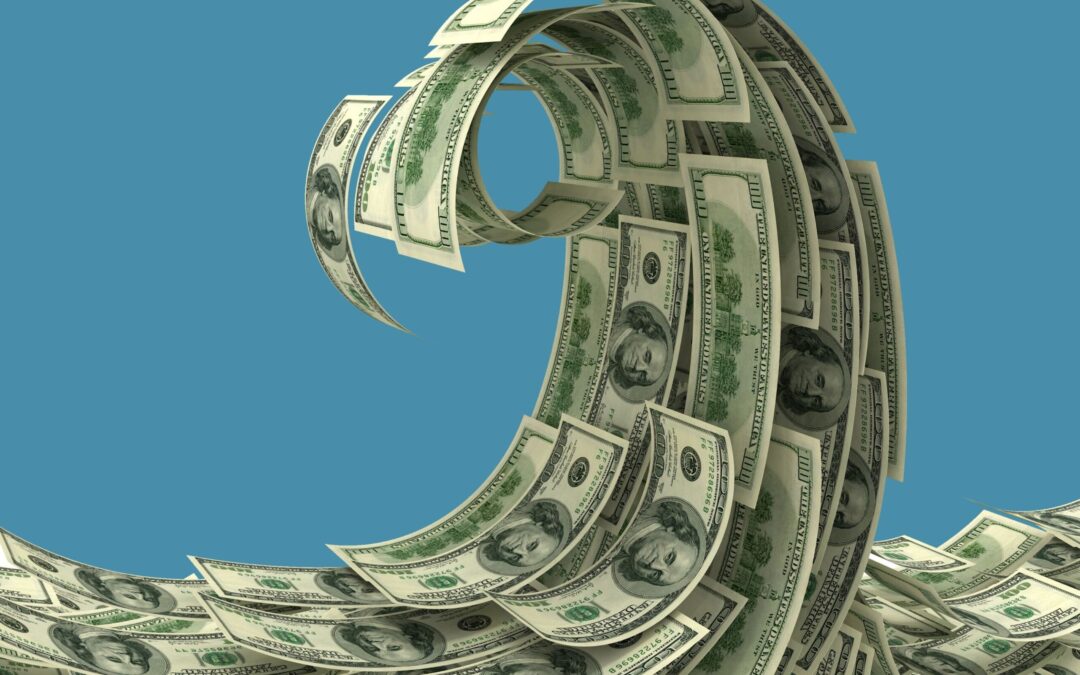GERMAN engineering conglomerate Thyssenkrupp saw its share price rise more than 10% after announcing a major partnership with Czech billionaire Daniel Křetínský.
Křetínský’s private holding company EP Corporate Group (EPCG) has acquired a 20% stake and are negotiating for a further 30%, forming a potential joint venture (JV).
Thyssenkrupp said it hopes the merger will support its transition to hydrogen-based steel production by keeping energy costs stable.
Křetínský, the CEO of EPCG, said: “EPCG has successfully navigated dynamic market conditions in the energy sector, while remaining financially strong, growing, and a reliable provider of energy and services to our clients.
The steel producer, once the largest in Germany, has had a build-up of over the last couple of years, selling off several of its divisions, including mining and lifts, to private equity firms.
Its Q1 2024 report recorded an impairment loss of €200m (US$214m), resulting in a net loss of €305m, which it attributed to low sales in the steel division and competition from Asian producers.
Last year, Thyssenkrupp received state-aid funding approval from the EU Commission for its tkH2Steel decarbonisation project.
With the German government supplying €2bn for the programme, the company is hoping to take its steel division carbon neutral by producing premium steel via green electricity and hydrogen.
Thyssenkrupp began construction in March to replace all four of its blast furnaces in Duisberg, Germany with a direct reduction iron (DRI) plant.
The plant is scheduled to go into operation in 2027. The company expects the plant to supply 2.3m t/y of liquid hot metal, which will be processed into different grades on-site.
Thyssenkrupp said it does not have sufficient hydrogen supply to run the plant for 2027 and plans to incorporate natural gas into processing to facilitate early-stage operation. The company is currently looking for hydrogen suppliers to supply around 143,000 t/y.
Read more:The Mechanical Engineer
Can’t stop reading? Read more
Fund Friday: Top fundraising news in private equity
Fund Friday: Top fundraising news in private equity Aquilius Investment Partners, a...
KKR powers past $723bn AUM on record fundraising and historic investment pace
KKR powers past $723bn AUM on record fundraising and historic investment pace KKR & Co. posted...
Ardian to acquire 90% stake in Centrotherm, boosting European semiconductor portfolio
Ardian to acquire 90% stake in Centrotherm, boosting European semiconductor portfolio Ardian has...




